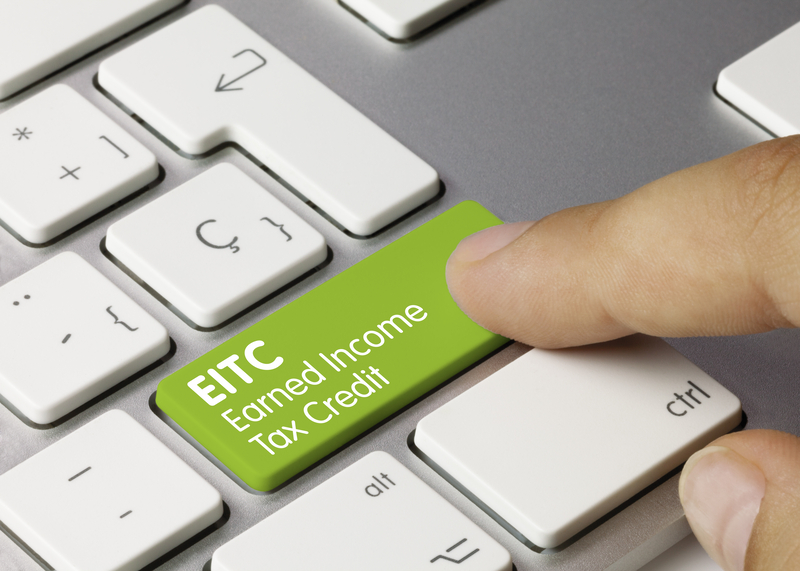The IRS has established a national Earned Income Tax Credit awareness day (EITC). The pandemic has brought several efforts to ease financial hardships. In lieu of the Child Tax Credit given to families with children, some taxpayers without children may be wondering what resources are available for financial tax assistance? The great news is an increasing number of people are qualifying to receive the EITC. The EITC is the largest refundable tax credit for low to moderate income families.
New Laws
New laws pertaining to EITC are allowing more filers to receive this credit. It is now available for individuals 19 and older and senior citizens. You can now compare your 2019 income to your 2021 income. If your 2021 income has decreased you may qualify for a larger EITC. Additionally, an increase in investable income will not affect your EITC eligibility. Married separated couples can now file as a not married, although some stipulations may apply. Furthermore, filers who are single with children or in a couple with children can now qualify for EITC.
How To Not Leave This Money On The Table
To make sure nothing slips through the cracks you can seek guidance from trusted tax professionals and volunteer organizations, file electronically, and use the IRS free filing feature.
The IRS listed some demographics who may be at risk for potential not claiming EITC. These groups include:
- Without children, including those workers who are at least 19 years old and older than 64
- Living in non-traditional families, such as a grandparent raising a grandchild
- Whose earnings declined or whose marital or parental status changed
- With limited English language skills
- Who are members of the armed forces
- Living in rural areas
- Who are Native Americans
- With disabilities or who provide care for a disabled dependent
If you found information in this article helpful, share it with your friends and colleagues! Have questions? Scroll down below to complete a contact form!


